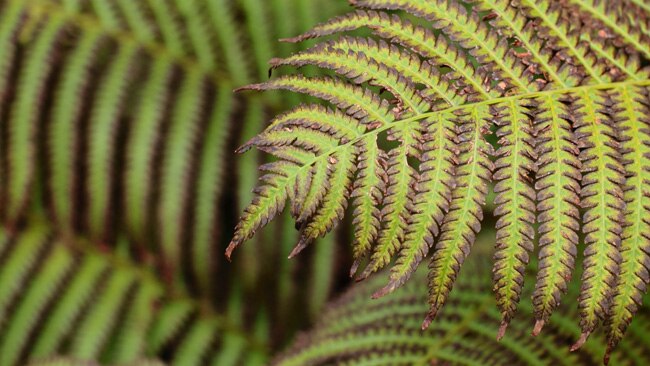Garden plants could clear pollution
COMMON garden plants could be used to clean polluted land, with the waste produced used to further medical research.

COMMON garden plants are to be used to clean polluted land with the waste produced used to further medical research.
Scientists will use plants such as alyssum, ferns and a type of mustard called sinapi to soak up metals from derelict land previously occupied by factories, mines and landfill sites.
Some former industrial lands contain high levels of metals such as arsenic and platinum, in the ground which can cause harm to people and animals.
A team of researchers from the Universities of Edinburgh, Warwick, Birmingham, Newcastle and Cranfield have developed a way of extracting the chemicals through a process called phytoremediation, and are testing its effectiveness.
Once the plants have drawn contaminated material out of the soil, the researchers say they will harvest and then process the plants into materials in a bio-refinery.
A specially designed bacteria will be added to the waste to transform the toxic metal ions into metallic nanoparticles.
The tiny particles could then be used to develop cancer treatment and can also be used to make catalytic converters for cars, the team said.
Dr Louise Horsfall, of the University of Edinburgh's School of Biological Sciences, said: "Land is a finite resource. As the world's population grows along with the associated demand for food and shelter, we believe that it is worth decontaminating land to unlock vast areas for better food security and housing.
"I hope to use synthetic biology to enable bacteria to produce high value nanoparticles and thereby help make land decontamination financially viable."



